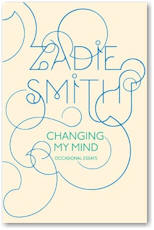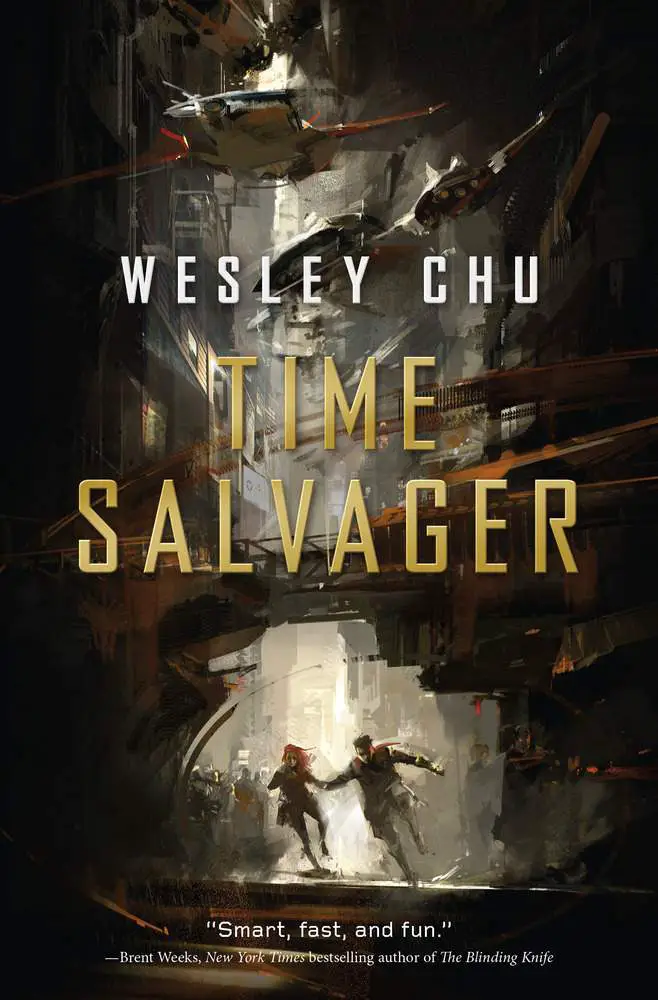Changing My Mind: Occasional Essays, by Zadie Smith

This collection of essays came about by accident, Zadie Smith tells us in the foreword, but the voice and curiosity behind it make this read seamless and satisfying. And with Smith, whether the subject is Nabokov or Forster, her person is an intrinsic part of each smart interrogation.
The book is divided into sections: Reading, Being, Seeing, Feeling, Remembering. In their course, Smith dips into culture and modernity, the writing life, personal history, and current and classic literature, including Kafka, Foster Wallace, Zora Neale Hurston. In “Middlemarch and Everybody,” Smith makes a thorough and elegant case for George Eliot’s empathic treatment of her characters by way of Henry James (who thought the novel “too copious a dose of pure fiction”), and Spinoza’s concept of conatus, or self-striving. That quality of doing good for society by doing good for the self, Smith shows us, can be found in the novel’s many characters, more than a few of which James deemed insufficiently complex. Eliot was nothing if not an empathic, an all-inclusive writer, and Smith shows relates how radical a thing it was, in 1873, to take that approach, one that would lay the groundwork for twenty-first-century novelists.

National Book Critics Circle
award finalists in fiction
In the foreword, she tells us, many of the essays were commissioned: “I replied to the requests that came in now and then. Two thousand words about Christmas? About Katharine Hepburn? Kafka? Liberia? A hundred thousand words piled up that way.” And Smith excels at effortlessly unpacking complex subjects. There is the essay on Forster, of whom Smith has a strong and longstanding affinity; a moving personal history in “Smith Family Christmas”; and a trio of essays on film, including a great dispatch from the Academy Awards, “Ten Notes on Oscar Weekend,” an essay so effacing yet razor-sharp in its tone, I can’t imagine any other writer narrating the spectacle that is Academy Awards:
Hollywood has many tiers. Sitting by the pool are hot girls in bikinis and their jock guys, ordering twenty-dollar cocktails and lobster maki rolls, watching the dreamy water of the Hockney pool lap at the edges of the terra-cotta tile surround. Nobody swims. A young black couple, dressed in the Versace knockoffs they believe appropriate to this scene, pose in a lounger and get a waitress to photograph then, living the dream. This is repeated several times that afternoon, by Italians, English, Australians. Everybody speaks of the Oscars, loudly. It’s the only conversation in town.
There is too a version of a lecture given to the students of Columbia University’s writing program in 2010. Now a staple of online creative writing links, “That Crafty Feeling” features Smith’s classic perceptive yet personal delivery in which she advises on a range of issues: starting, finishing, influences, routines, writerly devices. It’s all there in wonderfully digestible nuggets of common sense and humor. To wit, the term for setting aside a draft for a spell before revision is called, “Step Away From the Vehicle.”
Watch Zadie Smith deliver the lecture, “That Crafty Feeling,” here.
—Lauren Alwan

